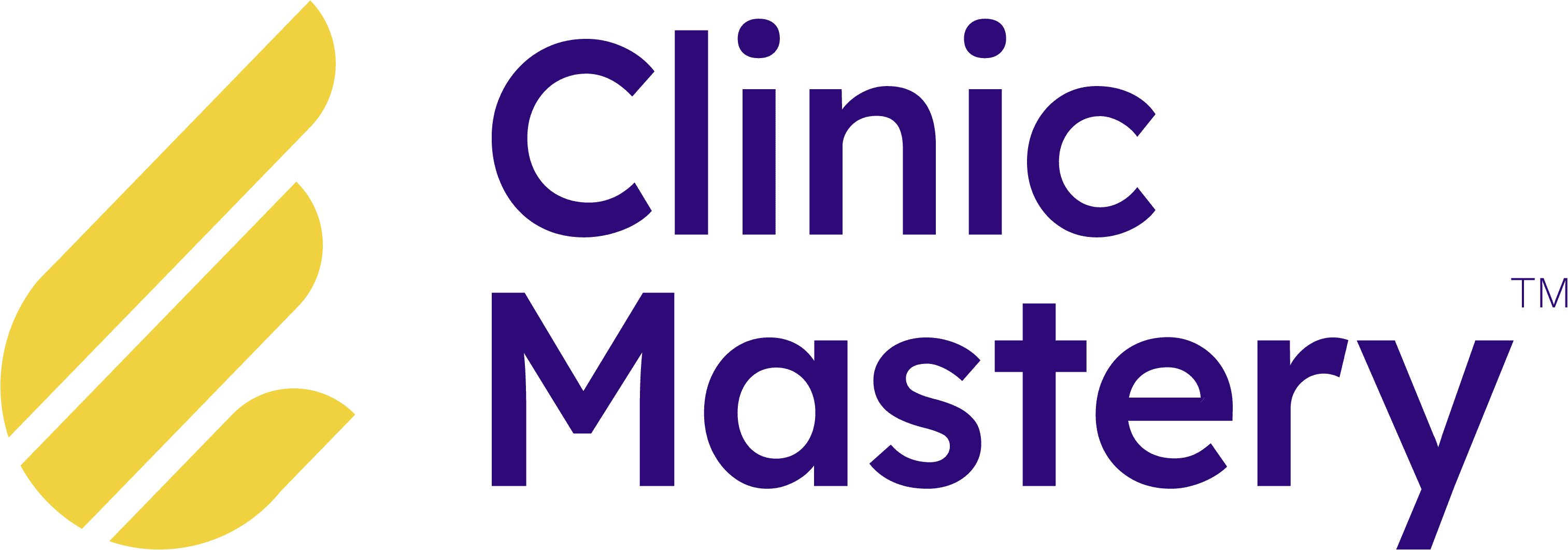Personal Mastery
•
10 min read
•
18 Apr 2024
How I Went from Being a Terrible Mentor to Embracing the Power of Asking Questions
How I Went from Being a Terrible Mentor to Embracing the Power of Asking Questions
When I first started mentoring in my healthcare clinic, I was honestly terrible at it. Looking back, I can see the mistakes I made and the mindset that held me back — and I want to share that with you because if you’re mentoring or leading a team right now, you might be facing some of the same struggles.
The Early Days: Young and Trying to Have All the Answers
I began my journey as a healthcare business owner quite young — just 26 or 27 years old. I was still early in my career when I started employing others, many of whom were actually more skilled or experienced than me. That was intimidating.
I remember once being on a podcast where the host asked me, “Pete, do you think you’re the best physiotherapist out there?” I answered honestly: no, I’m not. But I don’t need to be the best practitioner because my role as a business owner is to bring together the best people — kind of like the Avengers assembling their team of heroes. My job was to mentor and lead these Allied Health Heroes so we could make a bigger difference together.
However, here’s the catch — mentoring isn’t about having all the answers. It’s about helping your team become the best versions of themselves. That mindset took me a long time to adopt.
The Struggle: Feeling Like I Had to Have All the Answers
Early on, I felt like a good leader had to know everything. If I didn’t have the answers, I worried I wouldn’t earn respect or be seen as a capable mentor. But here’s what I learned: trying to always have the answers made me come across as egotistical, defensive, and unwilling to be wrong. It pushed people away rather than inspiring them.
I remember feeling impostor syndrome and anxiety before mentoring sessions, afraid someone would ask a question I couldn’t answer. The pressure of needing to have all the answers was stressful and exhausting.
The Shift: Learning to Ask Better Questions
What changed everything for me was learning to ask great questions instead of trying to give all the answers. One book that really helped was The Coaching Habit by Michael Bungay Stanier. It introduces seven powerful questions that can transform mentoring conversations. Here are some of the key ones I use:
1. “What’s on your mind?”
Starting with this open-ended question helps the person share what’s really going on, rather than jumping in with assumptions or solutions.
2. “And what else?”
This simple follow-up encourages them to dig deeper and reveal what’s underneath the surface. Often, the first answer is just the tip of the iceberg.
3. “What’s the real challenge here for you?”
This helps uncover the core issue, which might not be obvious at first. For example, a clinician might say, “I don’t have enough clients,” but the real challenge could be high cancellation rates or poor rebooking.
4. “What do you want?”
Clarifying the goal of the session sets clear expectations and helps focus the conversation on outcomes.
5. “How can I help?”
Instead of jumping in with advice, this question lets them tell you what kind of support they need, empowering them to take ownership of their own solutions.
6. “If you say yes to this, what are you saying no to?”
This is crucial for managing workload and priorities, making sure they don’t burn out trying to do everything.
7. “What was most useful for you? And how will you implement that?”
Reflection at the end ensures they walk away with actionable steps and a plan to follow through.
What I Learned
By asking these questions, I gave up the need to always have the answers. Instead, I became a guide helping others unlock their own thinking and confidence. I moved from being a mentor focused on me, to a mentor focused on them — supporting their growth and learning.
This shift was a game-changer. It’s okay not to have all the answers. What matters is showing your team you believe in them and that you’re on the journey together.
A Program to Help You Become a Better Mentor
At Clinic Mastery, we’ve created a program called Mentor Mastery designed to help leaders within teams become fantastic mentors. We already support clinic owners, but this is focused on empowering leaders inside your team to grow their mentoring skills.
Final Thoughts
If you’re struggling with impostor syndrome, feeling like you have to know everything, or getting anxious before mentoring sessions, know that you’re not alone. Shift your mindset from “I need to have the answers” to “I’m here to ask the right questions and help you find your own answers.”
And seriously, check out The Coaching Habit — it’s a fantastic resource that helped me enormously.

Article by
Peter Flynn
Pete Flynn is a physio by trade and a business consultant at heart. He founded his first Adelaide clinic to help people overcome pain and reclaim their lives. Within five years, that clinic grew to a 23-member team across two locations that no longer required him. He successfully sold both clinics in 2022 and now guides other clinic owners in scaling, leadership, marketing, and people management. Known for his practical wisdom and generosity, Peter’s approach is always anchored in the principle: give more than you take. He’s here to share how to create real value, both for your clients and your teams, without losing sight of what truly matters.
Latest







